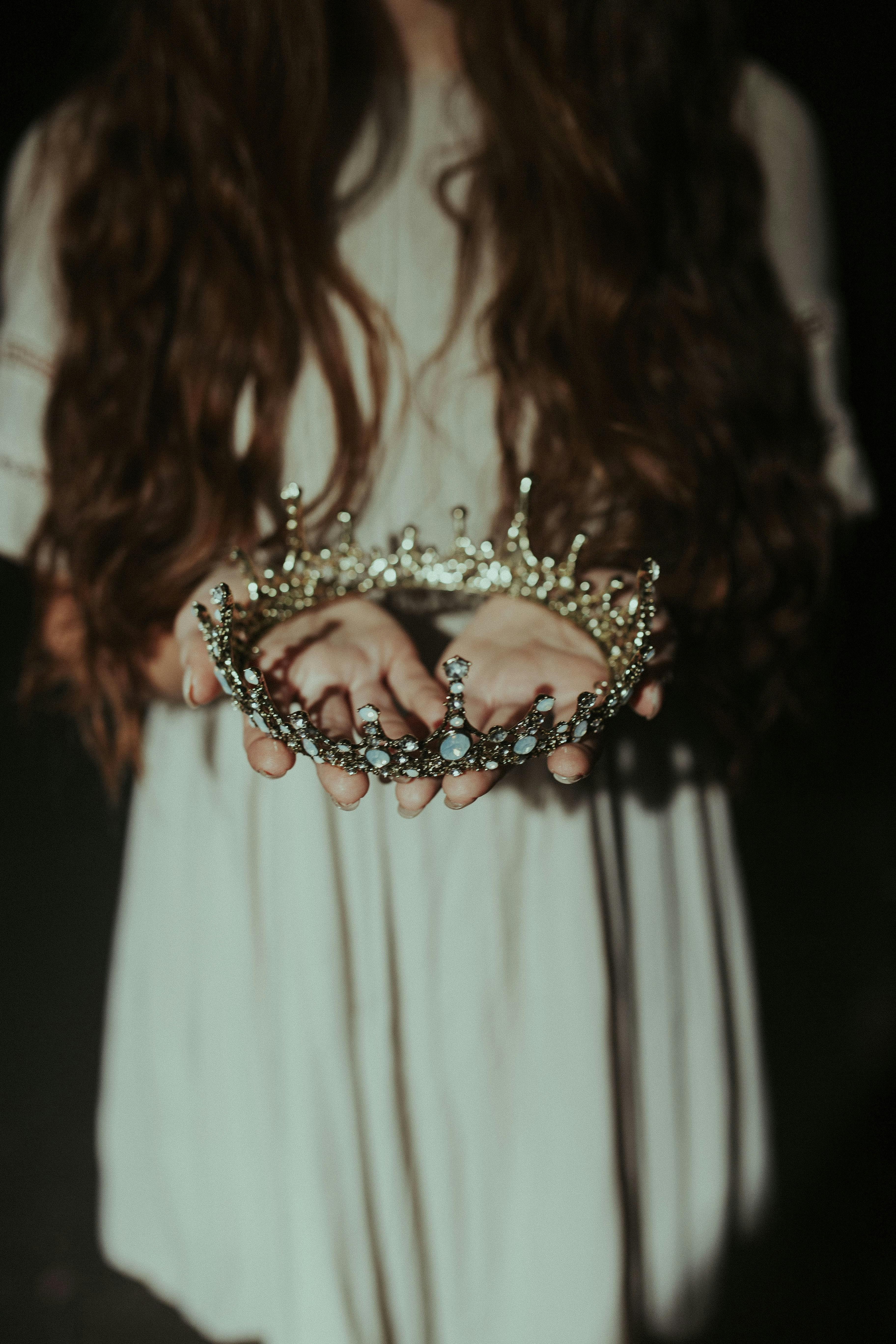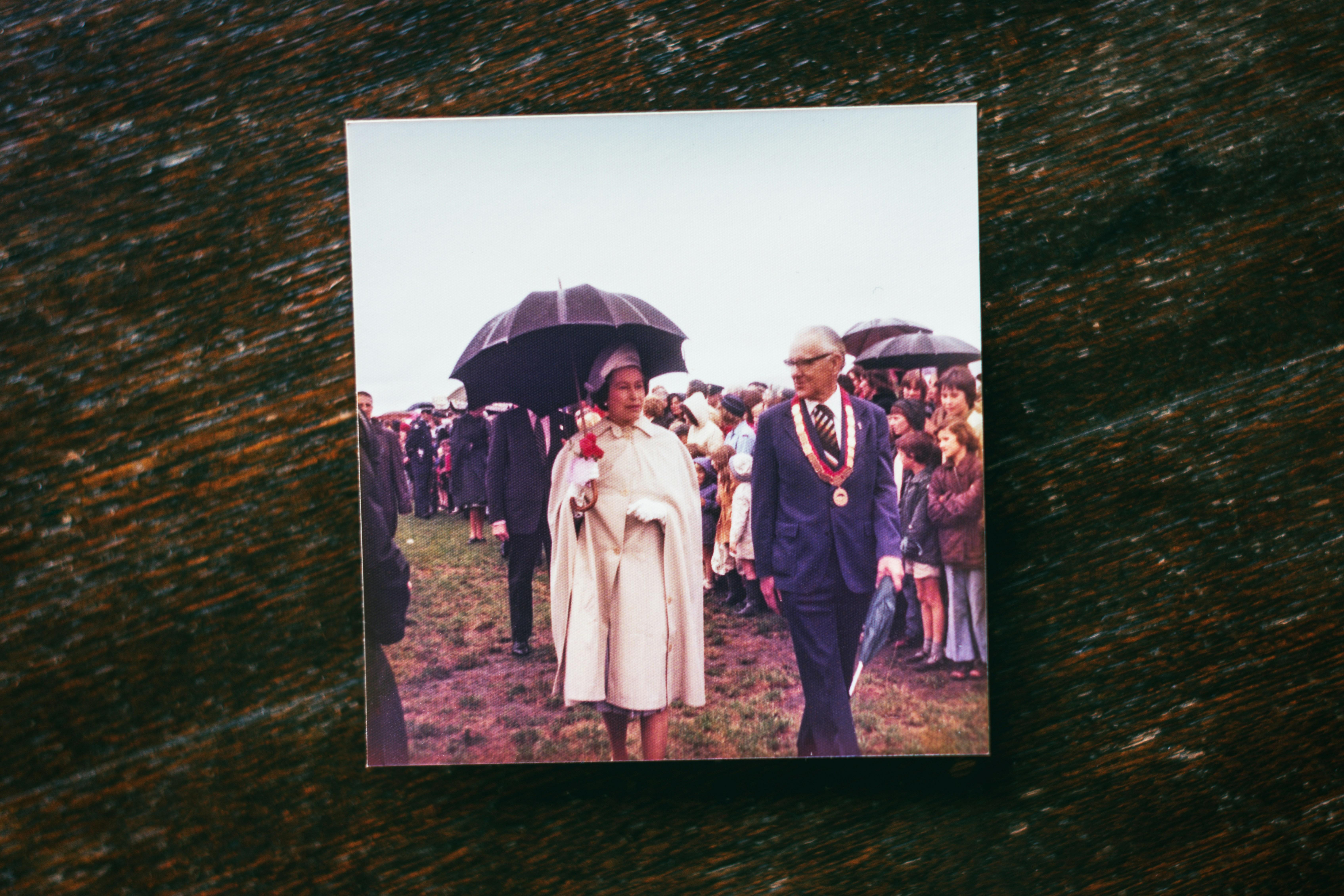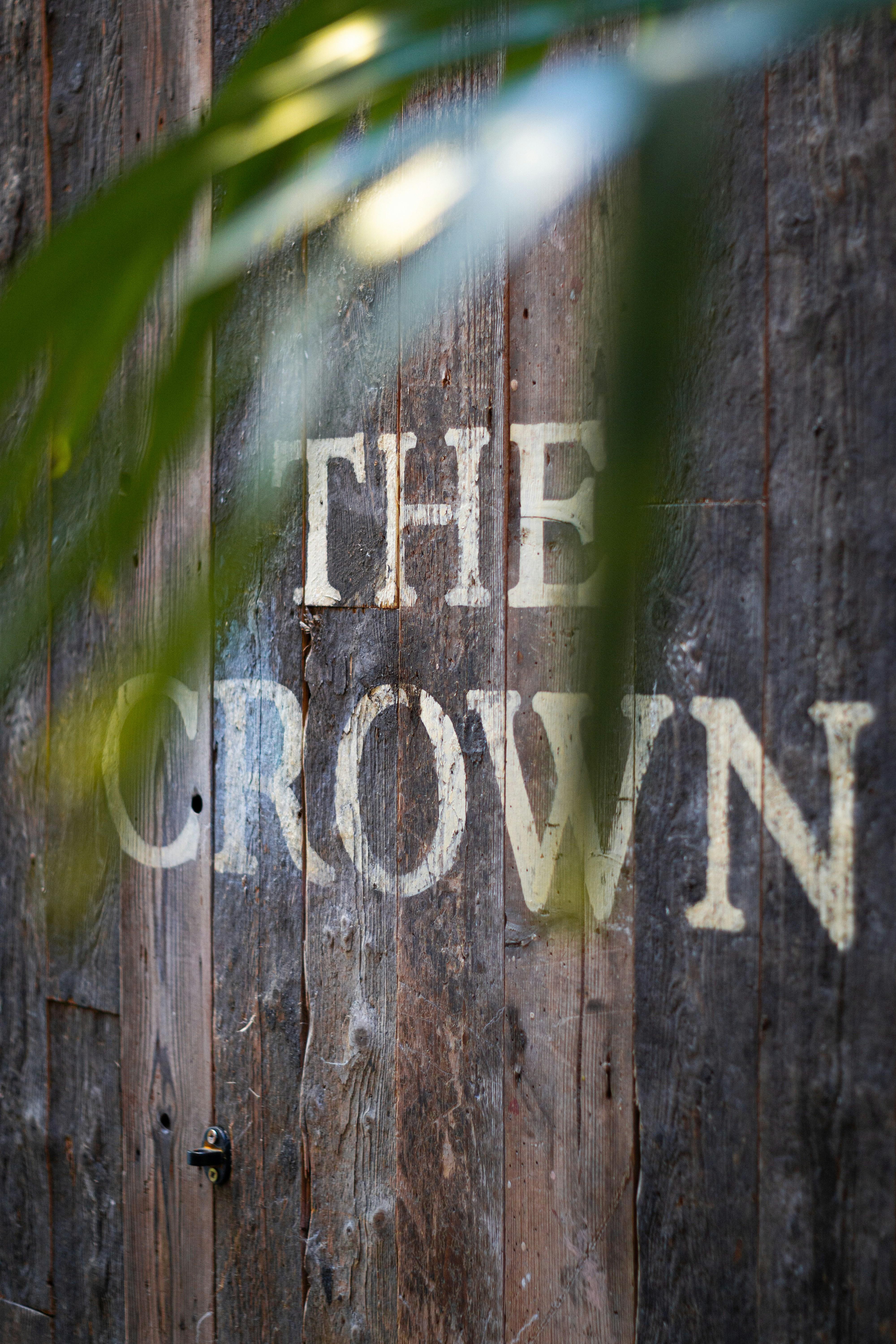The critically acclaimed television series “The Crown” has captivated audiences worldwide with its dramatized portrayal of the British royal family, blending historical events with personal narratives to offer a compelling glimpse into the monarchy’s evolution over the decades. As the series approaches its depiction of more contemporary events, a pertinent question emerges: should “The Crown” continue beyond the modern royal family? This inquiry delves into the artistic, cultural, and ethical considerations surrounding the continuation of a narrative that has not only chronicled the past but is now encroaching upon the present. By analyzing the implications of extending the series beyond the modern era, this article seeks to explore the potential impacts on historical interpretation, audience engagement, and the delicate balance between dramatization and reality. Through a careful examination of these factors, we aim to provide a comprehensive perspective on whether the continuation of “The Crown” would enhance or detract from its original intent and legacy.
Exploring Historical vs. Contemporary Narratives in The Crown
In examining the juxtaposition of historical and contemporary narratives within The Crown, it becomes evident that each era presents unique storytelling opportunities. The historical episodes often delve into the complexities of past events, offering viewers a rich tapestry of political intrigue, cultural shifts, and personal dilemmas. These narratives are steeped in the allure of a bygone era, where the audience is drawn into the subtleties of historical context, witnessing the impact of decisions that shaped the modern monarchy. In contrast, the contemporary narratives provide a more immediate connection, reflecting current societal issues and the evolving role of the monarchy in a rapidly changing world.
- Historical Depth: Offers a chance to explore significant events with a lens of hindsight.
- Contemporary Relevance: Engages audiences with familiar issues and modern-day challenges.
- Cultural Reflection: Both narratives serve as a mirror to societal values and transformations.
The decision to continue The Crown beyond the modern royal family raises questions about the balance between these two narrative approaches. While historical narratives provide a sense of closure and understanding of past monarchs, contemporary stories may risk losing the mystique associated with the royal family. Nonetheless, they offer a platform for examining the monarchy’s current and future role, potentially enriching the series with a fresh perspective that resonates with today’s audience.
Assessing Audience Engagement and Viewership Trends
Analyzing the viewer engagement metrics for The Crown reveals a complex tapestry of audience interactions and interests. As the series progresses into the territory of the modern royal family, it is essential to scrutinize both the quantitative and qualitative aspects of its reception. Key indicators such as streaming numbers, social media discussions, and critical reviews provide insights into how viewers are connecting with the evolving narrative. A notable trend is the heightened interest in episodes that align with well-documented historical events, suggesting a preference for dramatizations that blend fact with fiction.
To further understand the dynamics at play, it is helpful to consider several audience engagement factors:
- Demographic Shifts: Analyzing age and geographic data to see if newer generations are tuning in.
- Social Media Buzz: Monitoring platforms for trending topics related to the series and its portrayal of recent history.
- Viewer Retention Rates: Assessing whether the audience remains invested through multiple seasons.
- Critical Reception: Evaluating how critics’ opinions might influence public perception and viewership.
Ultimately, these trends will play a crucial role in determining the potential for The Crown to continue beyond the current era of the royal family.

Analyzing the Impact of Royal Representation on Cultural Perception
The portrayal of royal figures in media, particularly through series like The Crown, plays a significant role in shaping cultural perceptions. The dramatization of historical events offers audiences a curated glimpse into the lives of the royal family, impacting how they are perceived globally. Cultural perception is often swayed by such portrayals, where the blending of fact and fiction can lead to a romanticized or vilified image of these figures. This influence extends beyond the borders of the UK, affecting international views on monarchy and its relevance in modern society. The question of whether to continue the series beyond the current generation of royals raises several considerations:
- Historical vs. Contemporary: Should the series remain a historical account, or venture into more contemporary, potentially sensitive territories?
- Cultural Relevance: Does extending the series contribute to a deeper understanding of modern monarchy, or does it risk trivializing current issues faced by the royal family?
- Narrative Integrity: Can the integrity of the narrative be maintained while addressing the complexities of the modern era?
These questions highlight the delicate balance between storytelling and historical accuracy, with the potential to either enhance or distort public understanding of the monarchy’s role in today’s world.

Evaluating the Creative Direction and Storytelling Potential
Exploring the creative direction and storytelling potential of The Crown beyond the modern royal family invites both challenges and opportunities. Transitioning from the well-documented lives of Queen Elizabeth II and her contemporaries to more speculative or historical narratives could offer a rich tapestry of untold stories. This shift would require a delicate balance of factual accuracy and creative interpretation, potentially focusing on lesser-known monarchs or pivotal events in British history. Such an approach could breathe new life into the series, attracting audiences eager for fresh content while maintaining the show’s signature depth and sophistication.
- Historical Depth: Delve into the intricacies of the Plantagenets or Tudors, offering a fresh perspective on well-trodden historical ground.
- Character Exploration: Unveil the personal lives and challenges of past royals, enriching the narrative with emotional complexity.
- Cultural Impact: Highlight how historical decisions resonate through time, influencing the monarchy’s modern role.
By venturing into these uncharted territories, the series could redefine its narrative scope, appealing to history enthusiasts and drama lovers alike, while preserving its unique storytelling essence.
Key Takeaways
the question of whether “The Crown” should continue beyond the modern Royal Family is a multifaceted issue that invites a range of perspectives. On one hand, extending the series could provide audiences with a richer understanding of historical events that have shaped the British monarchy, allowing for a deeper exploration of its evolution over the centuries. On the other hand, moving beyond the current era could risk diminishing the show’s current impact by venturing into territory that might be less familiar or relevant to contemporary viewers. Ultimately, the decision rests on balancing creative vision with audience expectations, ensuring that the series maintains its narrative integrity while continuing to engage and inform its audience. As ”The Crown” approaches this potential crossroads, it must carefully weigh the merits of historical storytelling against the allure of modern relevance, a decision that will undoubtedly shape its legacy in the annals of television history.
